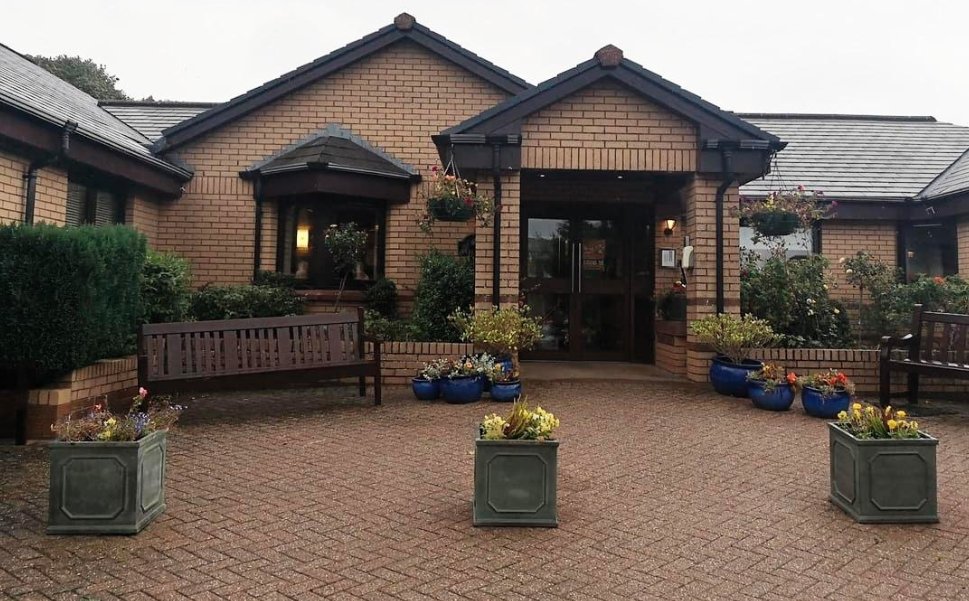In the serene town of Lanark, the impending closure of McClymont House care home has sent ripples of distress across the community. This establishment, more than just a residence, has been a sanctuary for the elderly, many with advanced dementia and complex care needs. The decision, stemming from a dire budget shortfall, has been met with staunch opposition from families and local campaigners who view the care home as an integral part of their lives.
The Decision That Shook Clydesdale
The announcement to shut down McClymont House came as a shock to many. Despite a robust campaign to save the care home, the Integration Joint Board (IJB) voted in favor of its closure. This move has been described as “heartbreaking” by those who have come to see McClymont House as more than a facility—it’s a home filled with memories and bonds that extend beyond its walls.
The closure is part of a larger effort to address a significant budget deficit within South Lanarkshire’s social care system. However, families argue that the decision was made hastily, without proper consideration of the impact on the residents’ well-being.

A Community Rallies for Compassion
The fight to keep McClymont House open is about more than just numbers on a balance sheet; it’s a fight for dignity and respect for the elderly. The local community has banded together, forming the Save McClymont House Group, advocating for the residents who have become collateral damage in a battle against financial constraints.
Campaigners have criticized the process as lacking transparency and compassion. They allege that the consultation process was a mere formality, with the outcome predetermined. The seven-month timeline for closure adds to the anxiety, contradicting previous assurances of no imposed deadlines.
The Human Cost of Budget Cuts
At the heart of this controversy is the human cost. The residents of McClymont House, many of whom require specialized care, are now facing the uncertainty of relocation. Families fear the move could be detrimental to their loved ones’ health, particularly for those with advanced dementia who rely on familiarity and routine.
The closure highlights a broader issue of how society cares for its most vulnerable. It raises questions about the priorities and values that guide decisions affecting the elderly and infirm.


















